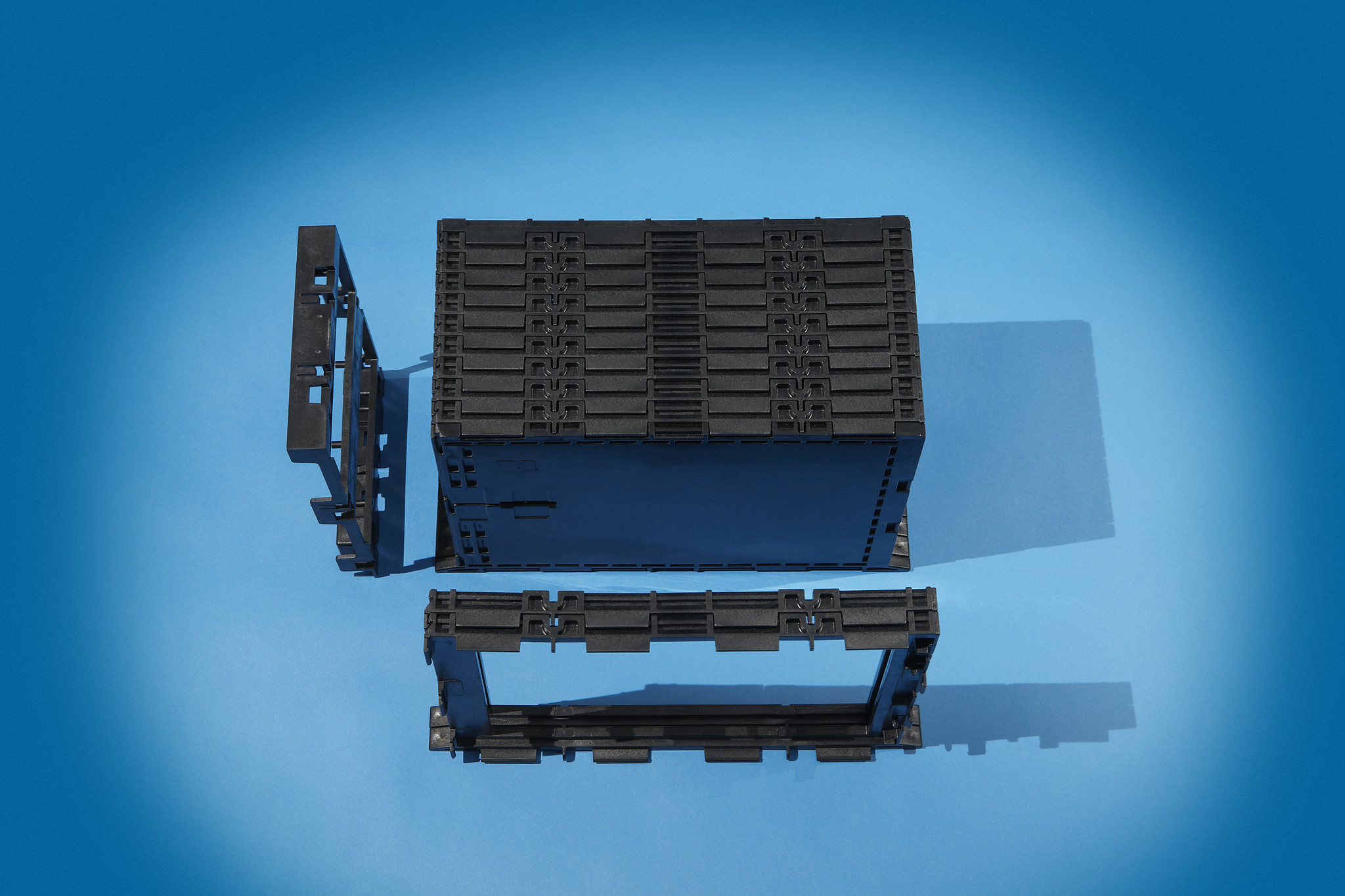The race for more durable and efficient all-solid-state batteries (ASSB) that could potentially replace lithium-ion batteries in powering electric vehicles is heating up. Japanese companies are competing vigorously against international rivals, with Toyota Motor the outright leader in next-generation battery patents worldwide.
ASSBs, which promise to cut EV charging times and boost driving range, are still at a prototype stage. Which means the jury is out on the materials that would be required for their key components. While much of the current conversation revolves around lithium, attempts are also being made to try new materials such as silicon metal, indium and others. The chemical and metallic makeup of the technology matters not only from an environmental perspective. The mining, refining and processing of many of the materials currently slated for use in EV batteries takes place in China.
If the Japanese makers succeed, then these innovations will significantly change the battery raw materials landscape. How Japan handles this revolution of battery and auto technology will determine who controls the global shift to cleaner mobility.

